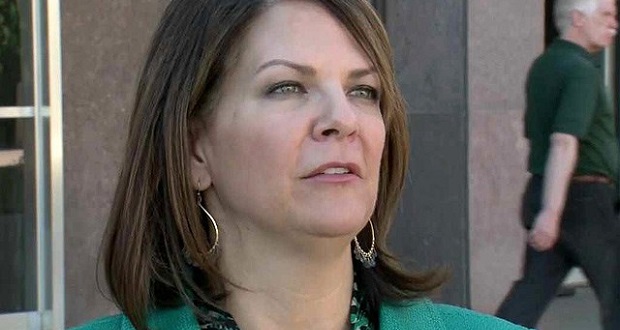Clean Elections won’t green-light Bennett voter education ad
Jeremy Duda//June 19, 2014//[read_meter]
Clean Elections won’t green-light Bennett voter education ad
Jeremy Duda//June 19, 2014//[read_meter]
Secretary of State Ken Bennett (Photo by Ryan Cook/RJ Cook Photography) Amid concerns that it could benefit him in his gubernatorial campaign, the Citizens Clean Elections...
















